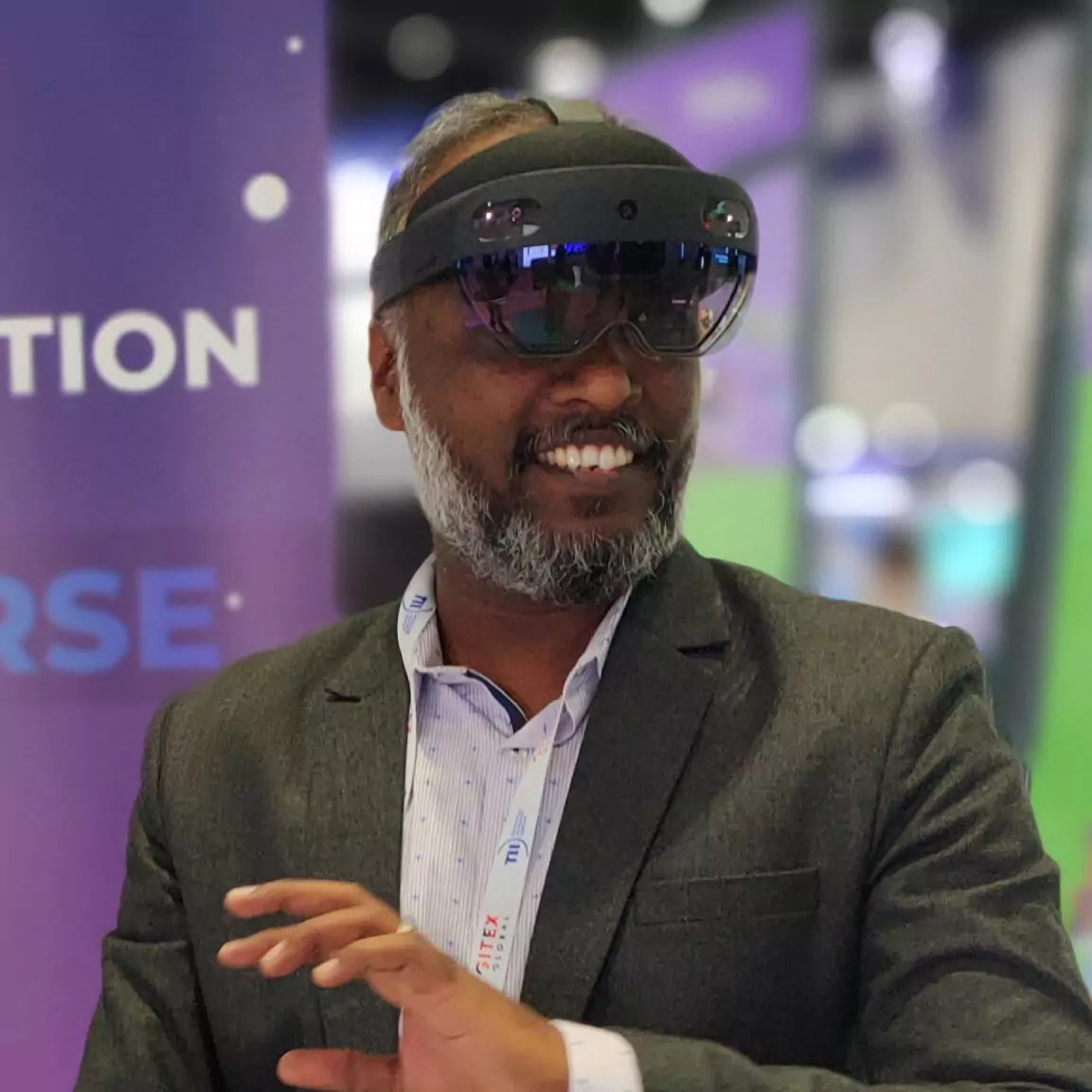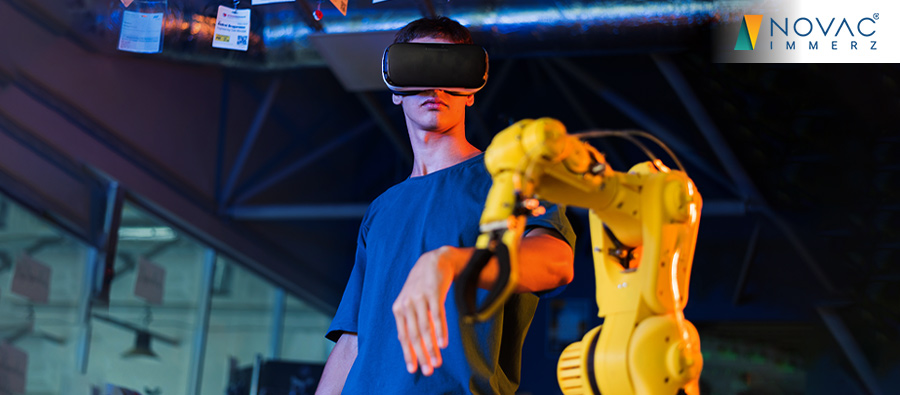Overview
Immersive technologies are fueling a new renaissance in retail. Today, brands are offering personalized shopping experiences to customers. Combining the digital world with the physical one will help create a unique shopping journey. Ultimately, this will help retailers uplift sales and traffic.
AR in retail overlays digital elements onto the environment. So, customers can choose any product before committing to their purchase. Immersive technologies facilitate retailers to maintain an omnichannel experience across both physical and virtual worlds. This will boost loyalty and brand recognition, resulting in greater sales.
How are AR and VR intervening in the retail industry?
Brands can extend their reach beyond the physical location by recreating their brick-and-mortar stores in the digital realm. Novac Immerz’s Augmented Reality Solutions can enable retailers to offer an interactive experience and communicate core brand values to their customers, which can help build long-term relationships.
Retailers can position their products in virtual stores with images, 3D models, and 360-degree videos. Customers can buy goods after experiencing a realistic look and feel of a physical space.
With augmented reality in retail, fashion brands can provide a digital experience to shoppers by introducing virtual try-on options to customers where they can ‘try-before-you-buy’ and experience how certain products can be viewed from different angles using digital twins technology.
Through this move, brands can benefit from higher conversion rates, repeat purchases, and lower return rates.
Retailers can leverage our 3D Walkthrough Services to create a virtual store complete with elaborate store layouts and product placements to help customers experience shopping through the outlet in an immersive environment.
Brands that operate a chain of stores can introduce an AR-based navigation system. This helps shoppers find the products they desire after following on-screen instructions. They can try out different items virtually without physically wearing those goods. Virtual Shopping malls can also offer customers a contactless experience, which will boost store visits and uplift brand engagement.
Augmented Reality in retail can also share real-time information about chain-wise discounts, sort products category-wise, assist customers in navigating, and provide virtual assistants to help with shopping. Overall, by harnessing the benefits of Virtual Reality in Retail, brands can increase purchase intent and build customer loyalty effortlessly.
What are the advantages of AR VR in Retail?
Brands that use Augmented Reality can offer a compelling end-user experience to customers who will get real-time information about goods, ingredients, prices, reviews from previous buyers, discounts, and recommendations. The benefits of Augmented Reality in Retail include immersion, immediacy, and interaction.
Immersive technologies will help customers visualize how products look in a particular setting. Thus, shoppers will be satisfied with their potential purchases. Brands can emotionally connect with customers through storytelling. AR VR in retail offers a sensory experience by directly allowing buyers to engage with products rather than merely looking at them on a shelf.
Brands can strengthen their advertisement campaigns by incorporating Augmented Reality into their promotional efforts. Adding virtual elements to brochures, business cards, and manuals will help convey the right information. This will create a positive buzz, and AR VR in retail industry enables brands to gain goodwill from recognition, thereby increasing product awareness.
Augmented Reality in retail will also help implement hyperlocal ad campaigns. After analyzing customers' behavior and purchasing habits, the right products can be recommended.
Concluding Points
Retailers who make use of our Virtual Reality Solutions can disrupt the market with targeted product offerings. Virtual stores, virtual showrooms, and AR-based filters are some of the trends that have taken over the retail industry.
This is high time to enmesh AR/VR technology into your retail business. Take the next step with Novac Immerz and use our game-changing AR/VR solutions to elevate your brand in a highly competitive market.
Reach out to us and select a suitable service that will help your brand to get the utmost advantage of immersive technologies.

S F Shanavaz

Having ignited minds in the golden age of eLearning transformed myself into a forerunner in the Metaverse's uncharted territory. From the democratizing power of eLearning to the boundless frontiers of the Metaverse, I have donned many hats – inspiring trainer, a meticulous designer, a savvy marketer, and an ingenious builder. Not long ago, with a developer's spirit, introduced and brought AR/VR business (Immerz) to life at Novac. Now, I lead a team of innovators, wielding the magic of Augmented and Virtual Reality to craft solutions that not only solve business challenges but redefine the very fabric of how we interact with the virtual worlds.







